Directors
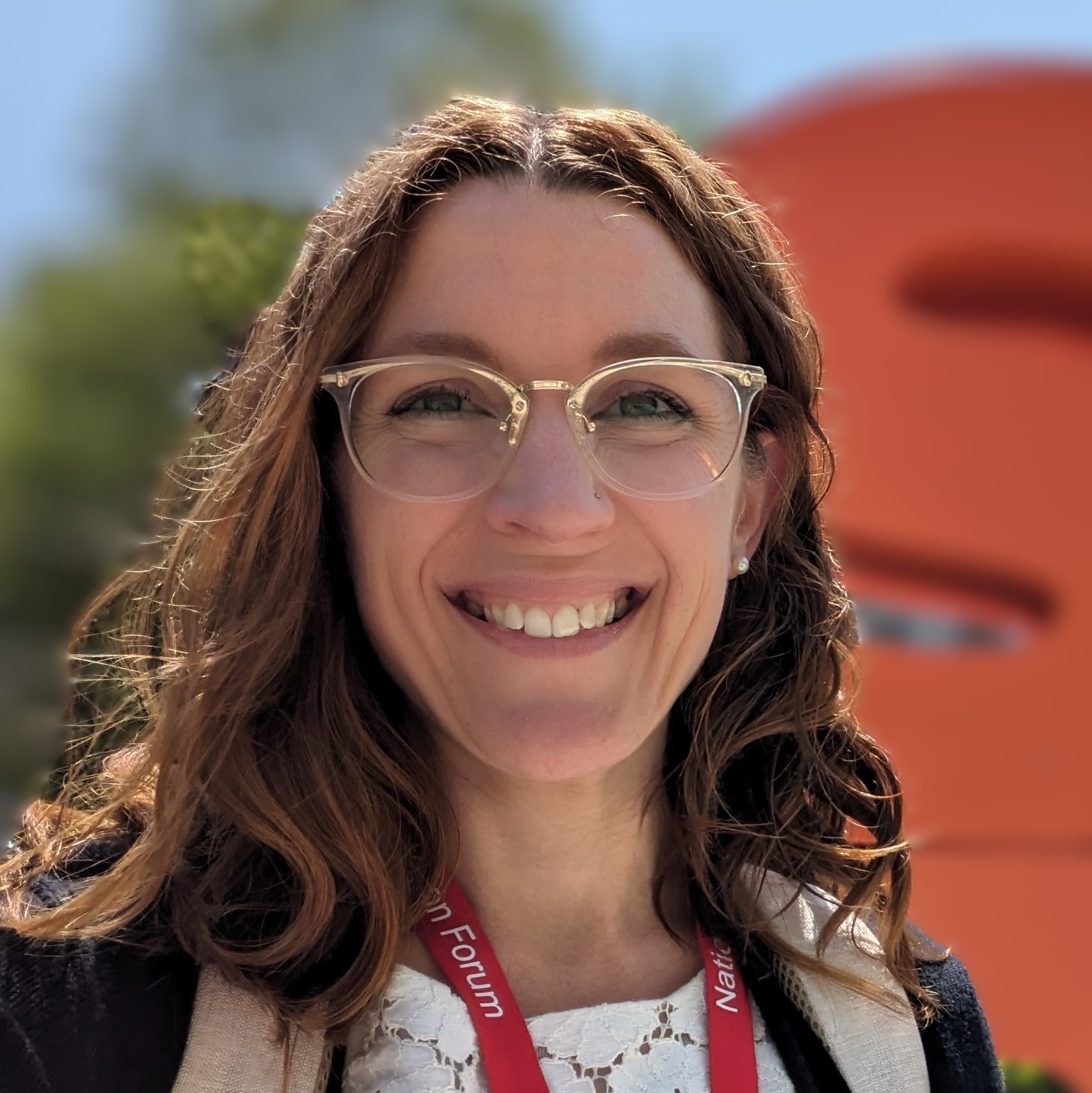
Dr Anne Pisor; Penn State
Anne Pisor (“pie-zur”) is an integrative scientific anthropologist who studies how people manage risk. She’s an expert on the evolution of cooperation in humans, especially social relationships that span communities (“long-distance relationships”) – often key to risk management. This work inspired her federally funded projects on climate change adaptation (NIH) and natural resource management (NSF), interdisciplinary efforts that involve collaborations in public health, epidemiology, development, climate science, public policy, and more.
Evolutionary social scientists know Anne as a human behavioral ecologist, cultural evolutionist, and evolutionary psychologist; anthropologists know her as a cultural and evolutionary anthropologist; social scientists know her as an anthropologist, demographer, ecologist, and statistician; and those in health science and business know her as an expert in behavior and culture.
Anne is an Assistant Professor in the Department of Anthropology and Social Science Research Institute at Penn State University. She was recently named a Rising Star by the Human Behavior and Evolution Society as an early-career researcher “whose innovative work has already advanced the field.” You can watch a talk of hers for a taste of her academic approach.
When not at the university, you can find Anne mentoring entrepreneurs and change-makers, helping them narrow down who they’re serving, what’s hard for those they serve, and what actions they can take to make things better. See Anne’s LinkedIn profile for more on her cross-sector work.
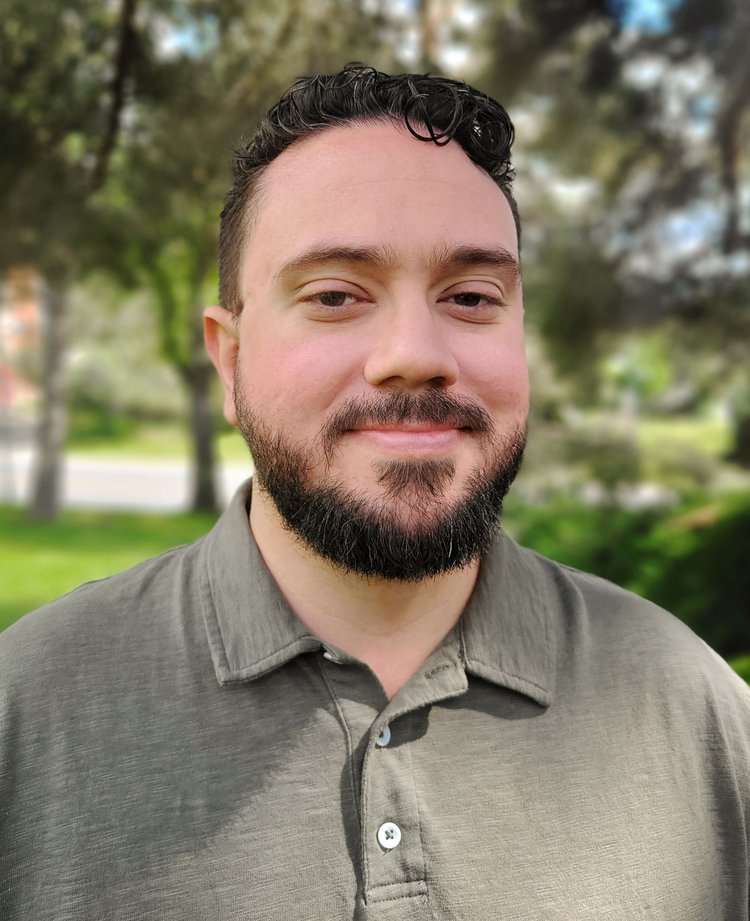
Dr Kristopher Smith; Washington State
Dr. Kristopher Smith is an assistant professor in the Department of Anthropology at Washington State University. With formal cross-training in anthropology, psychology, and epidemiology, he draws upon a diverse set of theories and methods to study how communities work together to respond to environmental and cultural change. Specifically, he investigates 1) how and why people cooperate with one another, and 2) how people innovate, share, and adopt climate change adaptations.
Kris directs the Tanga Sociality and Fisheries Project, a long-term field site on the coast of northern Tanzania focused on how social networks impact participation in fisheries management. And in a new project he is leading in collaboration with CREID-ECA, he is studying how camel pastoralists in northern Kenya are adapting to climate change and its effects on conflict, famine, and infectious disease. His research has been recognized with multiple awards, including the New Investigator Award from the Human Behavior and Evolution Society and the Postdoctoral Researcher Achievement Award from the College of Arts and Sciences at Washington State University.
Kris received his PhD in Psychology from the University of Pennsylvania in 2019, where he also completed a postdoctoral fellowship with MindCORE. He then went on to complete additional postdoctoral training in the Department of Anthropology and Paul G. Allen School for Global Health at Washinton State University.
Postdoc
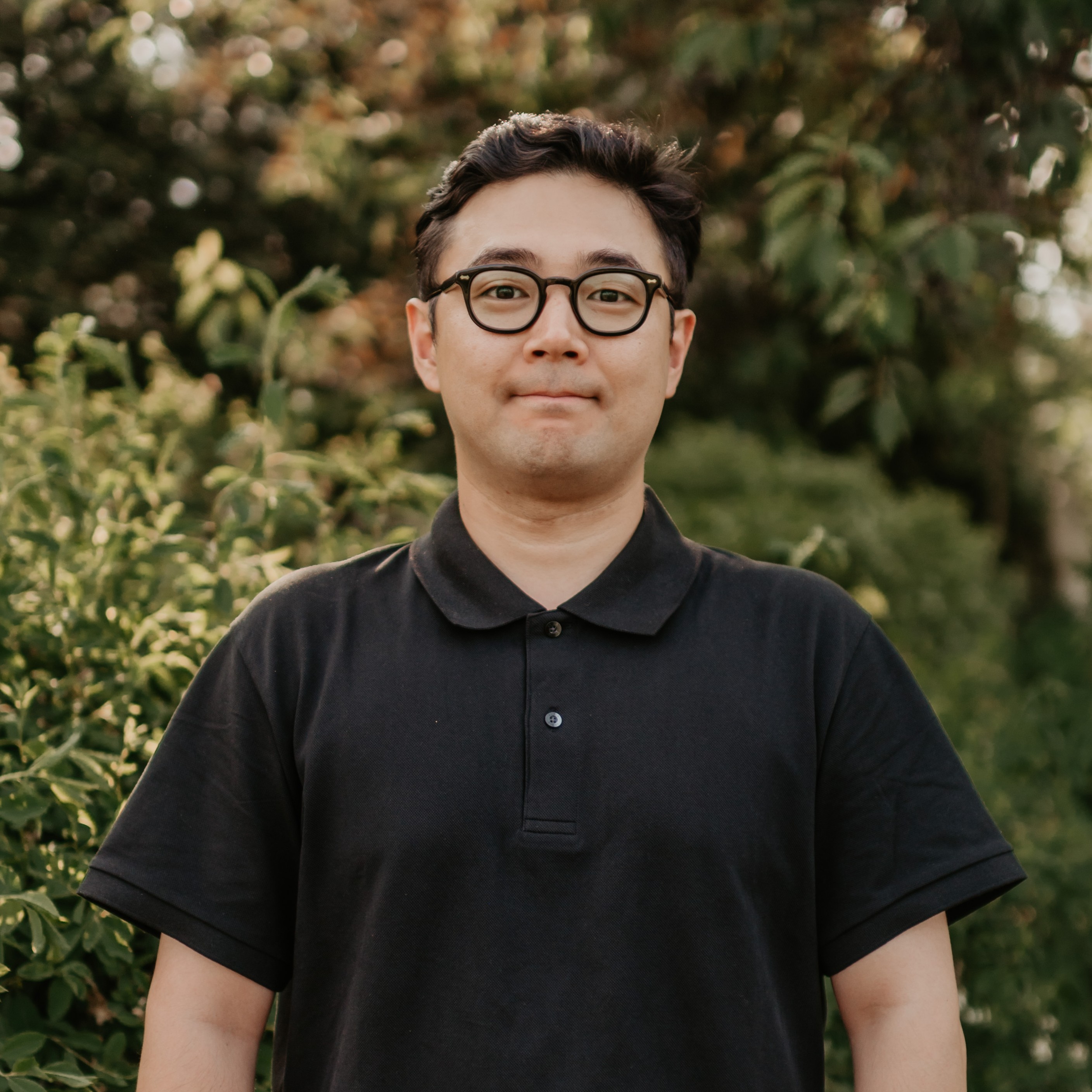
Dr Joon Hwang; Penn State
Dr Joon Hwang is an economic anthropologist and human behavioral ecologist who studies how social networks shape the ways people manage risk under conditions of economic and environmental change in rural Bangladesh. His research combines multilayered network analysis, spatial analysis, and field experiment to examine how market integration and economic inequality transform reciprocity and connectivity, and how these shifts influence patterns of risk-taking in the face of environmental uncertainty.
Looking ahead, Joon plans to extend this work by integrating research on climate change, health, and social networks. His future projects focus on how households and communities respond to environmental shocks, how these responses affect health and well-being, and how migration and remittance flows contribute to resilience in the face of increasing climate variability.
Graduate students
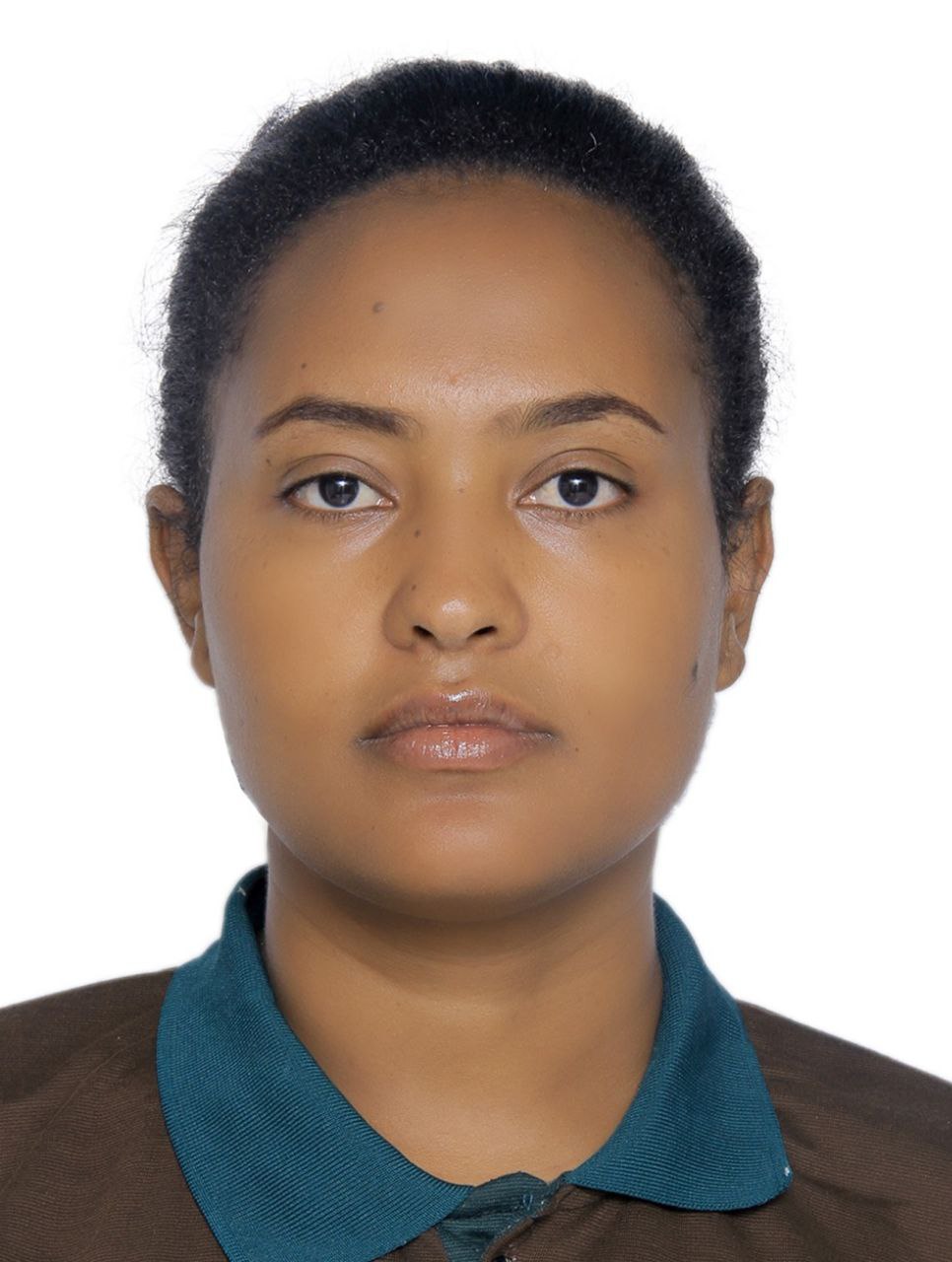
Tigist Temesgen; PhD student; Washington State
I am a PhD student in evolutionary anthropology at Washington State University, where I began my program in Fall 2024. My research interests lie at the intersection of medical anthropology and evolutionary medicine, with a particular focus on leprosy, zoonotic diseases, gender, and tobacco use behavior. My current project explores the unexpectedly high prevalence of tobacco use among women in pastoralist communities, focusing on the Hamar pastoralists of southern Ethiopia. I have an MA in Social Anthropology and a BA in History and Heritage Management from Arba Minch University. Previously, I worked as a Lecturer in the Department of Social Anthropology at Jinka University and as a Graduate Assistant in the Department of History at Arba Minch University. My research experience includes data collection for a project on gender empowerment among the Maale ethnic group in southern Ethiopia, as well as ethnographic work on the everyday lives of the leprosy community in Addis Ababa, Ethiopia. I recently affiliated with the Omo Valley Research Project as an Associate Researcher.
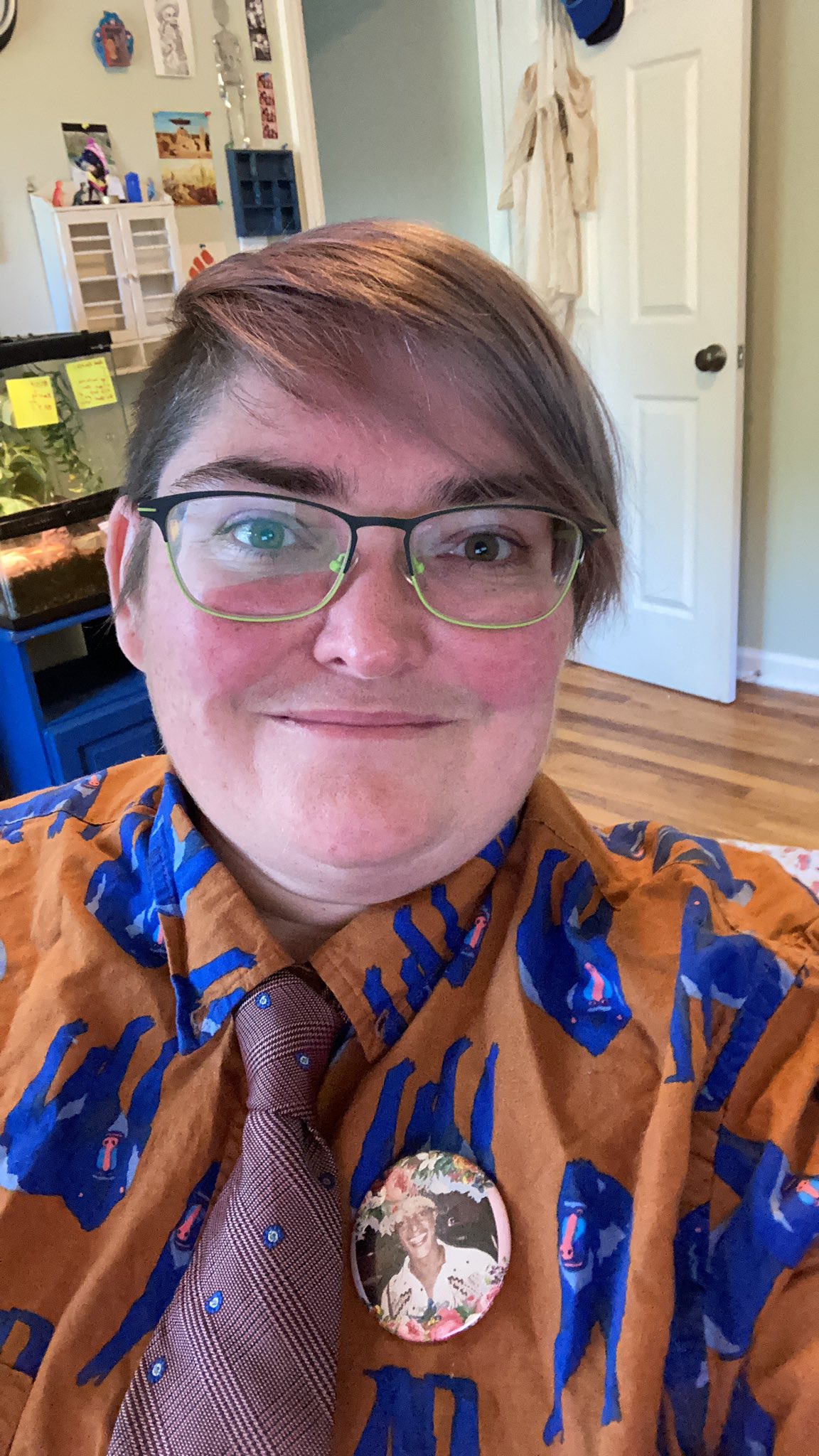
Ollie Shannon; PhD student; Washington State
Ollie Shannon is a biocultural anthropologist and PhD candidate specializing in queer communities, chosen family networks, and social support systems. Their research explores how queer individuals create and sustain relationships that provide emotional, financial, and caregiving support and how resources flow across these chosen family networks. Ollie’s teaching philosophy is rooted in inclusive pedagogy, equity-based learning, and classroom innovation. They strive to create student-centered learning environments that recognize the diverse experiences and perspectives each student brings. With over two decades of experience as a community organizer, Ollie has advocated for LGBTQ+ rights, mutual aid, and social justice. This background informs their research and teaching, bridging scholarship and activism to support marginalized communities. Ollie was recently awarded the Graduate Teaching Award by the College of Arts & Sciences at Washington State University.
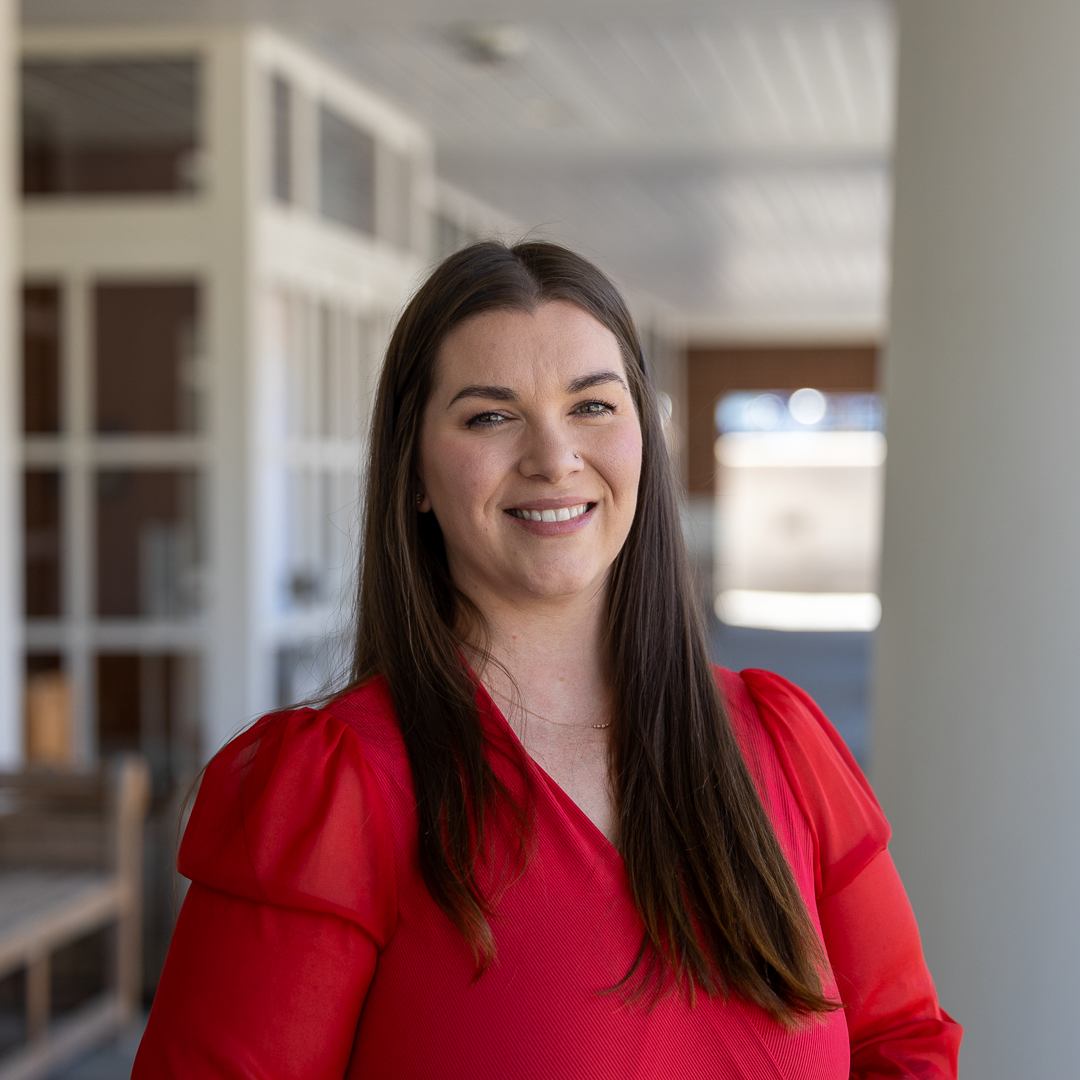
Courtney Elmore; MA student; Penn State
Courtney Elmore is a passionate life-long learner and former Geospatial Intelligence Analyst for the Air Force. Her time in the military taught her not only to navigate complex data but also the importance of strategic decision-making in high-stakes environments. After the service, she transitioned into entrepreneurship, where she ran her own business, gaining hands-on experience in leadership, problem-solving, and building relationships within the community.
Currently, Courtney is pursuing her Master’s degree at Penn State University via the Integrated Undergraduate-Graduate program and seeks to delve deep into the world of social networks and social capital. She is especially interested in understanding how these systems influence well-being, and how they can be leveraged to foster stronger, more connected communities. Her academic journey is driven by a desire to explore how human connections and the way we interact in social spaces shape our lives, both personally and collectively.
Courtney is excited to combine her past experiences with new insights from her studies to contribute meaningfully to the evolving field of anthropology and to continue learning about the ways in which social networks can be harnessed for positive change.
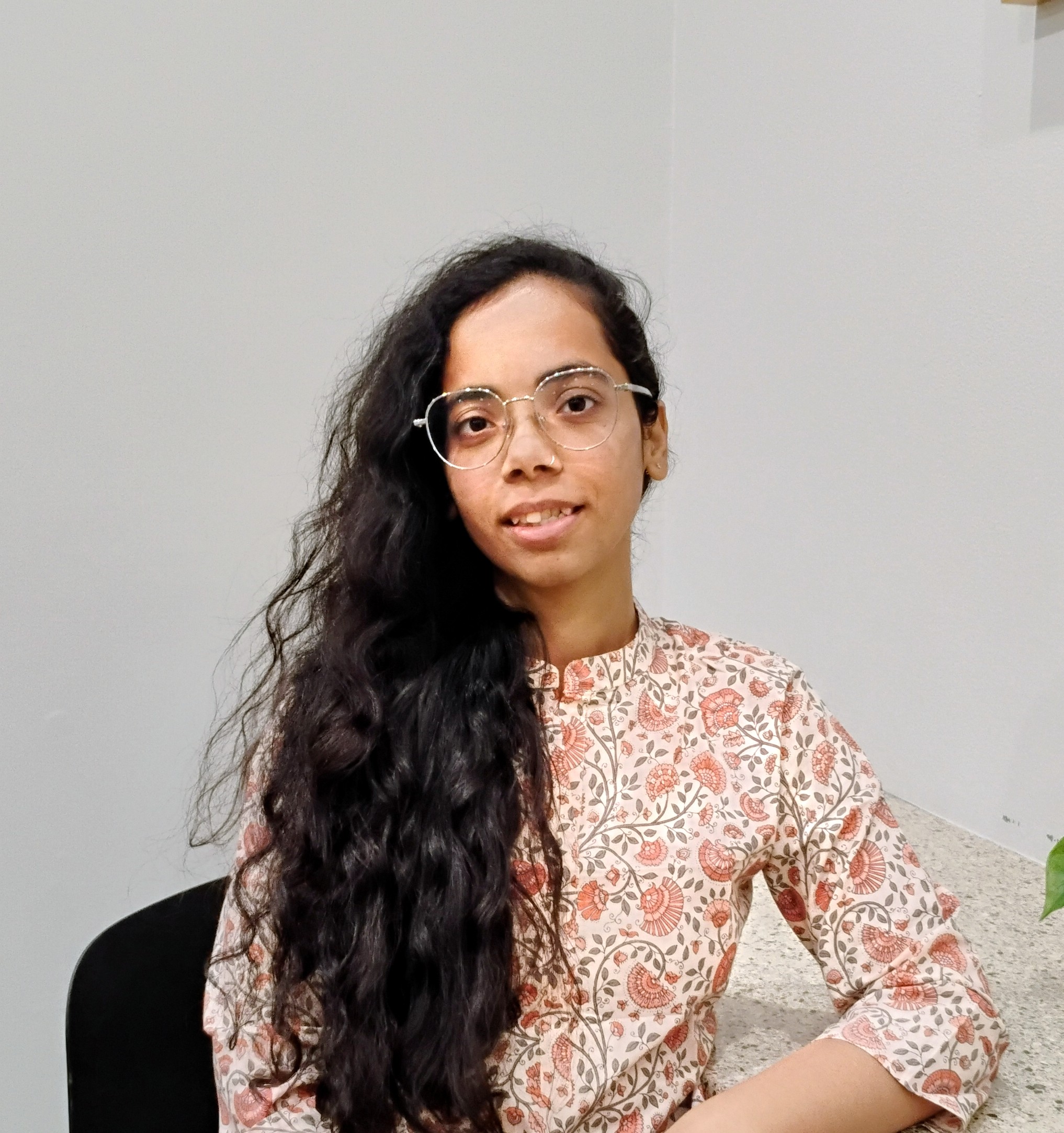
Soujanya Akkiraju; PhD student; Penn State
Venkata (“Soujanya”) Akkiraju is a first-year Ph.D. student at Penn State, working with Dr. Anne Pisor. She comes with a background in public health, with an MPH from the Indian Institute of Public Health, New Delhi, India. Soujanya brings around four years of professional experience, with some of her most impactful work involving indigenous communities in India, as well as socially and economically marginalized communities, particularly women and children.
As a Research Associate at the Indian Institute of Public Health, Hyderabad, she collaborated with national and international organizations, including the Healthy India Alliance and the University of Adelaide, on projects aimed at understanding the cross-cutting determinants of health and well-being.
Soujanya’s research interests focus on mixed-method studies exploring the role of social, cultural, and behavioural determinants in shaping health within communities.